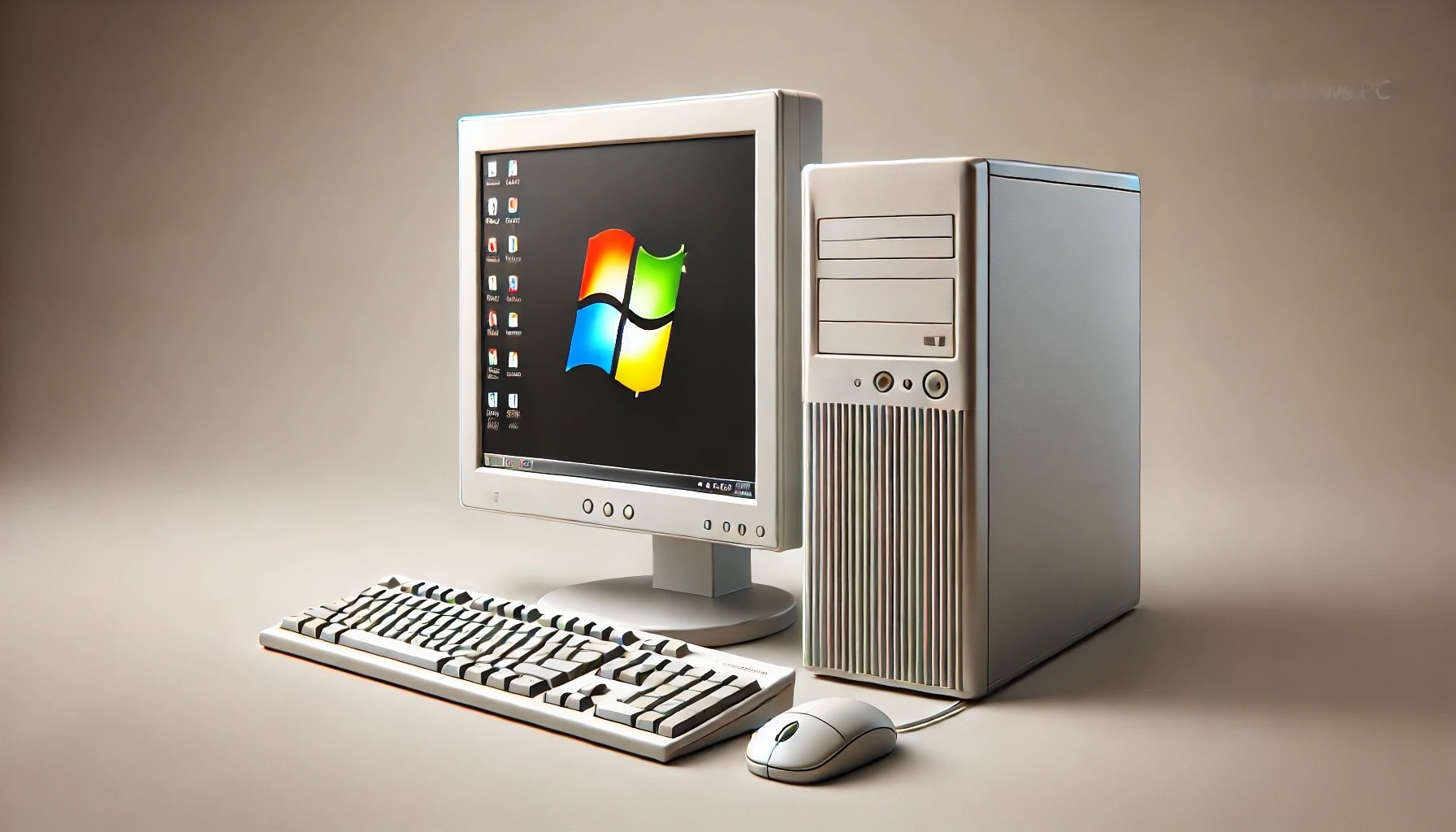In the 1990s, I read the book "The Great Game of Business" by Jack Stack, and these sentences have stuck with me ever since:
There are only two ways to make money in business. One is to be the least-cost producer; the other is to have something nobody else has. Unless you have a proprietary product or service, you have to be prepared to compete on price, and you can do that best if you are the least-cost producer.
If you are in a commodity market, by definition, you have nothing unique to offer that would give you pricing power. You can only stay in business by being the low-cost producer (or one of the low-cost producers), and you accomplish this by squeezing as much cost out of the business as possible.
If your market is a global commodity market, that means, for example:
Your labor costs compete with labor costs in countries like Vietnam.
You compete with manufacturers who might be able to use lower-cost but often dirtier energy.
You compete with manufacturers that don’t worry about polluting the air, land, or water with their waste.
You compete against companies willing to make little to no profit (perhaps they see it as a loss leader).
In a commodity market, there is little incentive to innovate beyond reducing costs. With minimal profits, there is also little money to reinvest in R&D for future products, leading to market stagnation.
In the Windows PC market, the rapid early growth of the PC market attracted numerous manufacturers, but at some point, they realized they were in a commodity business and were primarily competing on price. Most sold their PC units (or themselves) or simply went out of business. Examples of former Windows PC manufacturers include:
Compaq
eMachines
Gateway
Packard Bell
Toshiba
Texas Instruments
IBM
This same pattern repeated itself with Android-based phones. Examples of former Android phone manufacturers include:
HTC
Motorola
Nokia
Palm
Kyocera
Sony Ericsson
This is also why Apple fights so hard not to be commoditized by just being a generic kernel for a higher-level platform engine. As Apple said in the 2024 Platforms State of the Union presentation:
Our consistent motivation is a simple one: we want to build the most advanced and innovative platforms so that you can create the best apps in the world. We want to help you build highly integrated apps that feel like natural extensions of the user's device, harnessing its hardware and software to the fullest.
…
All of these benefits are available when you use Apple's native SDKs directly. Or, put more simply, the best apps are built with native SDKs.
Image from Apple’s 2024 Platforms State of the Union
A counterexample of this is the game console market, where most AAA titles are built with game engines (e.g., Unreal Engine, Unity, and CryEngine) that effectively commoditize the game consoles. There is no profit in the game console market anymore, and innovation is fairly stagnant, with a new console iteration coming out only every 6-7 years.
Having your product and market being turned into a commodity means little to no profit and innovation.

